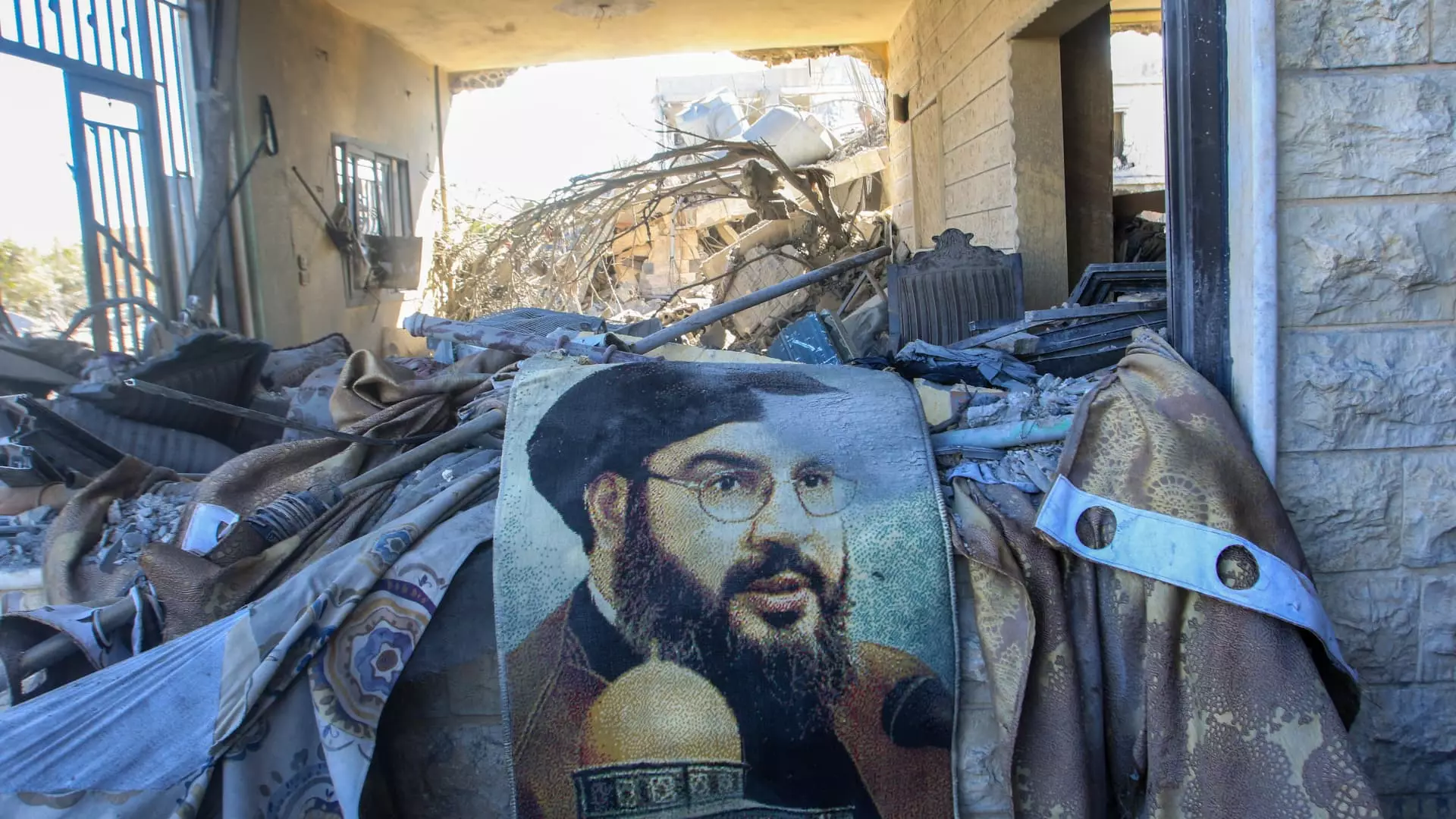The Israeli Defense Forces (IDF) made headlines recently with the claim that Hezbollah’s long-standing leader, Hassan Nasrallah, has been killed. Echoing over social media platforms, Lt. Col. Nadav Shoshani declared, “Hassan Nasrallah is dead,” following an extensive military operation targeting Hezbollah’s stronghold in Beirut. This announcement, if verified, signifies a seismic shift in the geopolitical landscape of the Middle East, particularly for Lebanon, where Hezbollah has wielded substantial power for decades.
While the claims by the IDF have not been independently validated, their implications are resonating throughout the region. Nasrallah has been identified as a chief architect in aligning Hezbollah’s militant and political strategies, helping the group evolve into one of the most formidable armed organizations in the world. Notably, the Israeli military also reported the death of Ali Karki, a vital figure within Hezbollah’s command structure. The potential leadership vacuum following Nasrallah’s demise raises questions about the future stability of both Hezbollah and Lebanese governance.
The Symbolism of Nasrallah’s Leadership
To many analysts and observers, Hassan Nasrallah symbolizes Hezbollah’s ascendancy as a dominant force in Lebanese politics and regional dynamics. Since taking leadership in 1992, after the assassination of his predecessor Abbas al-Musawi, Nasrallah became synonymous with the group’s fierce resistance against Israel and its staunch opposition to Western influence. As a charismatic orator and strategic thinker, he transformed Hezbollah into a significant player, not only militarily but politically, within both Lebanon and the broader Arab world.
Ronnie Chatah, a Lebanese political analyst, pointed out the profound psychological impact of Nasrallah’s potential death on the organization. He described it as the “deepest psychological blow” to Hezbollah since its foundation. The departure of such a prominent leader will undoubtedly lead to a reconfiguration of the organization’s structure and mission. Analysts suggest that, while Hezbollah may persist in some form, it will likely emerge diminished in terms of power and influence.
Regional Implications of His Death
Firas Maksad, an expert at the Middle East Institute, emphasized that Nasrallah’s killing would provoke significant regional ramifications, hinting at escalating hostilities between Israel and Iran. He argued that Nasrallah was an iconic figure in the Iran-aligned factions across the Arab world, and his assassination could signify a dangerous escalation in already volatile relations. As tensions mount, there are fears of a wider conflict emerging from the events surrounding his death.
Moreover, this incident raises pivotal questions about the Shia community’s future leadership in Lebanon. With Nasrallah’s passing, who will fill the leadership void? Analysts worry that the fragmentation of Hezbollah’s command could exacerbate existing political polarization within Lebanon—a nation already grappling with deep-rooted sectarian divisions and a fragile governmental structure. The short-term aftermath could see increased unrest as various factions vie for power in a tumultuous political landscape.
Hassan Nasrallah’s potential death could herald a transformative and tumultuous era for Hezbollah and the broader Middle East. His absence would not only change the operational dynamics within the organization but could also redefine relationships within Lebanon’s intricate sectarian framework. Observers will be keenly watching how Hezbollah adapts in the wake of this major upheaval and what new leadership will emerge to fill the gap left by Nasrallah.
The broader regional landscape also stands to be affected as Iran and its allies reassess strategies in response to this event. With the potential for increased hostilities between key players, the aftermath of this remarkable announcement could lead to continuous unrest across the region. The future remains uncertain, yet one thing is clear: Hassan Nasrallah’s legacy, whether through resilience or fracture, will shape the direction of Hezbollah and Lebanon for years to come.


Leave a Reply